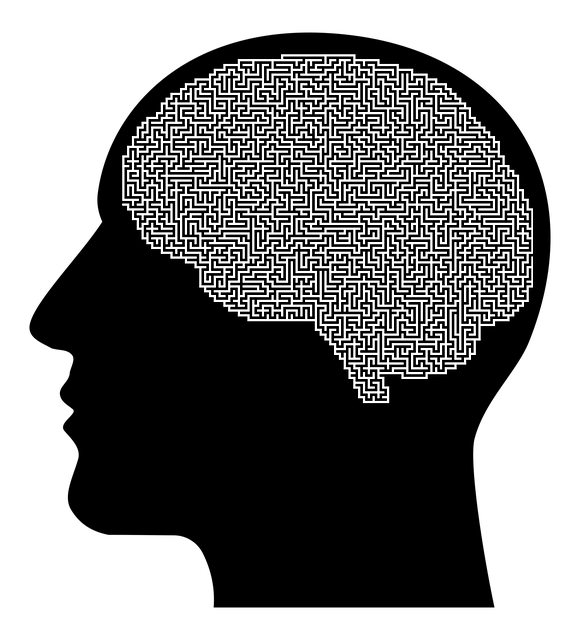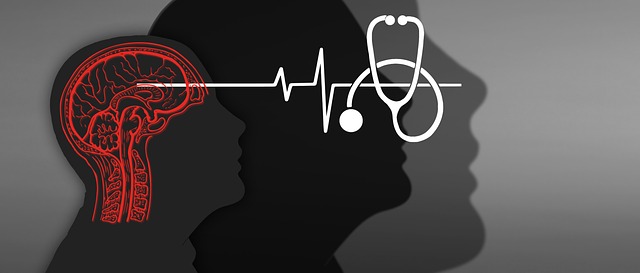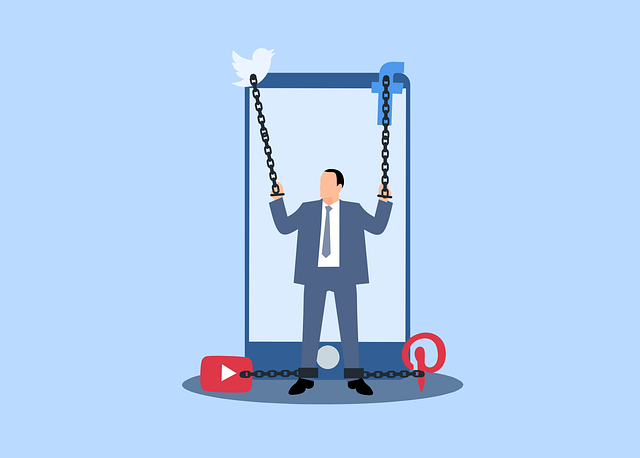The text addresses the significant impact of mental illness stigma on individuals' well-being, specifically focusing on the challenge of sexual addiction among the elderly. It advocates for breaking down barriers through therapy, emphasizing specialized treatment as crucial for recovery. The section highlights societal and historical stigmas preventing seniors from discussing their struggles openly. Tailored therapy approaches, self-awareness exercises, and mental wellness podcasts are suggested to destigmatize mental health conversations among elders, fostering a supportive environment for help-seeking. Mental health professionals play a key role in providing accessible services, peer support groups, and community initiatives to promote emotional healing, especially for therapy related to sexual addiction in the elderly.
Mental illness stigma, a pervasive barrier, continues to impact millions. This article explores efforts to reduce this societal burden, focusing on understanding stigma’s profound effects on mental health and its unique manifestation in elderly sexual addiction. We delve into complex issues surrounding this topic and present effective strategies for reducing stigma, emphasizing the importance of supportive communities. Additionally, we highlight specific approaches, such as therapy tailored for elders grappling with sexual addiction, as game-changers in fostering understanding and compassion.
- Understanding Stigma and Its Impact on Mental Health
- Targeting Elderly Sexual Addiction: A Complex Issue
- Strategies for Reducing Stigma and Promoting Supportive Communities
Understanding Stigma and Its Impact on Mental Health

Stigma associated with mental illness can have severe consequences on an individual’s well-being, often hindering their ability to seek help and support. It creates a culture of silence, where people struggling with their mental health feel ashamed, isolating themselves further. This internalized shame can lead to increased anxiety, depression, and even suicide ideation. Understanding stigma is the first step towards breaking down these barriers.
Mental health issues, just like physical ailments, require professional assistance, and seeking therapy is a crucial aspect of recovery. For instance, in the case of elders suffering from sexual addiction, specialized therapy can help them cope, offering a safe space for them to understand and manage their desires. Similarly, mental health awareness initiatives aim to educate communities, reducing fear and misconceptions. Additionally, risk management planning for mental health professionals is essential to ensure they can handle sensitive cases like sexual addiction with empathy and competence, thereby improving patient outcomes and overall mental health support.
Targeting Elderly Sexual Addiction: A Complex Issue

The issue of sexual addiction among the elderly is a complex and often overlooked aspect of mental health. As our society becomes more aware of mental illness, efforts to destigmatize various conditions have gained momentum. However, specific challenges like elder sexual addiction demand tailored approaches. This problem is not only sensitive but also multifaceted, involving psychological, social, and cultural factors. Many elderly individuals struggle with this issue in silence due to societal norms and the historical lack of open discussion about mental health.
Targeting this demographic requires specialized therapy for elders sexual addiction, which goes beyond general treatment methods. Self-awareness exercises tailored to their unique needs can be beneficial. Encouraging open conversations through mental wellness podcast series production might also contribute to raising mental health awareness among seniors. By addressing these challenges head-on, we can foster a more supportive environment where the elderly feel empowered to seek help and begin their journey towards mental wellness.
Strategies for Reducing Stigma and Promoting Supportive Communities

Reducing stigma surrounding mental illness is a multifaceted effort that requires collective action from individuals, communities, and professionals alike. A key strategy involves education and raising awareness about mental health issues, aiming to dispel myths and promote understanding. This includes organizing community events, workshops, and campaigns to share information on various conditions, their symptoms, and available treatment options, such as therapy for elders with sexual addiction. By normalizing conversations around mental wellness, we can foster an environment where individuals feel more comfortable seeking help without fear of judgment.
Additionally, empowering supportive communities plays a vital role in stigma reduction. Encouraging open dialogues and creating safe spaces where people can share their experiences can lead to increased empathy and reduced prejudice. Mental health professionals can contribute by conducting risk assessments to identify and address potential barriers to care, ensuring that services are accessible and tailored to diverse needs. Incorporating strategies like peer support groups and community-based initiatives can further strengthen the mental health awareness and emotional healing processes within these communities.
Mental illness stigma, particularly surrounding issues like elderly sexual addiction, significantly impedes access to necessary therapy for elders. By understanding the profound impact of stigma and implementing effective strategies, such as raising awareness and fostering supportive communities, we can create an environment where all individuals, regardless of age or struggle, feel comfortable seeking help. Efforts to reduce mental health stigma are crucial steps towards ensuring everyone receives the care they need to heal and thrive.









